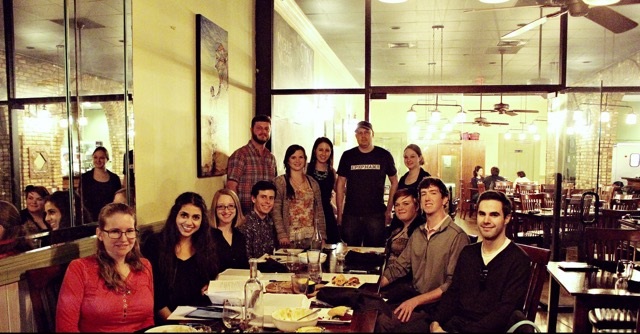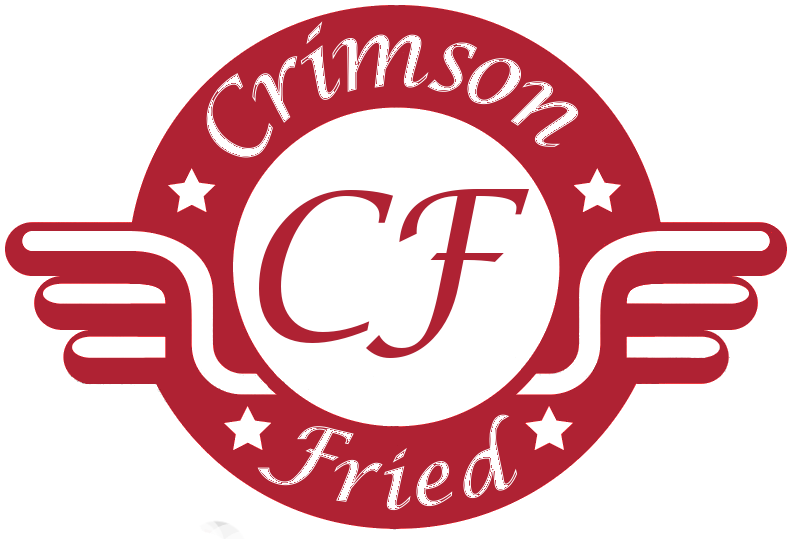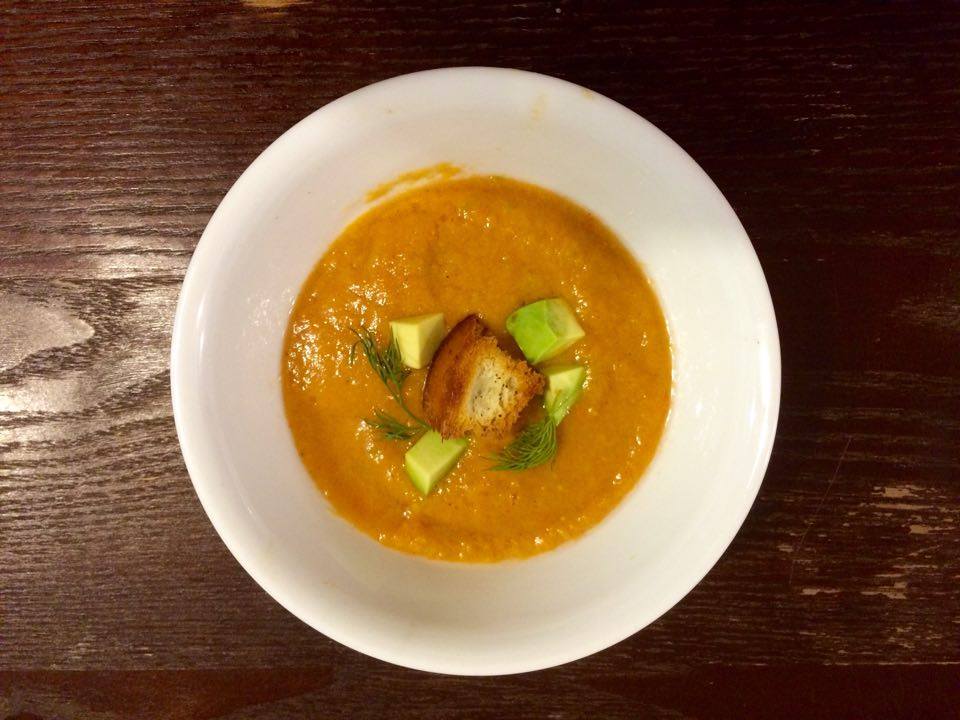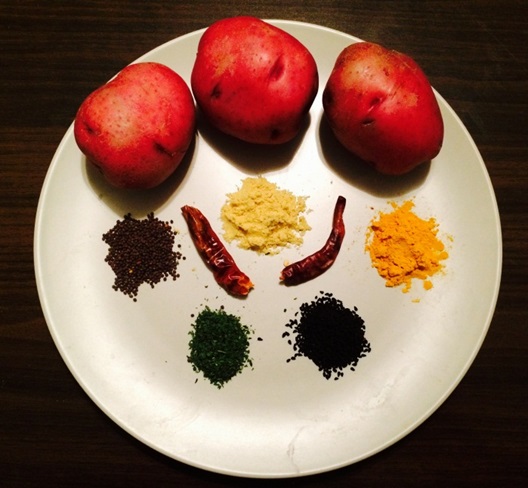Epiphany, a farm-to table restaurant serving what it calls “new American cuisine,” has established a niche in Tuscaloosa’s foodie market. Since its opening in 2009, Epiphany has served fresh and creative dishes in a high-class but comfortable setting. Exposed brick and immaculately clean glass doors emphasize the rustic, farm-fresh qualities of the restaurant, and the ever-shifting menu and tastefully quiet indie music appeals to the environmentally conscious foodie crowd. Executive chef and owner Tres Jackson has expressed the desire to use his thoughtful and locally based restaurant methods to promote ethical eating for customers and the community.

Members of the class with Executive Chef Tres Jackson at Epiphany
As Epiphany has met with consistent success, Jackson is looking to expand the reach of both his impact and his innovative food creations. He, with Epiphany’s chef de cuisine Joel Frederick, plans to open an international street food restaurant entitled Animal Butter (presumably acknowledging the frequent use of various animal butters in Epiphany’s dishes). As developing food writers, the students of Dr. Cardon’s class had the opportunity to taste a selection of dishes on Animal Butter’s menu-in-progress. Continue reading



